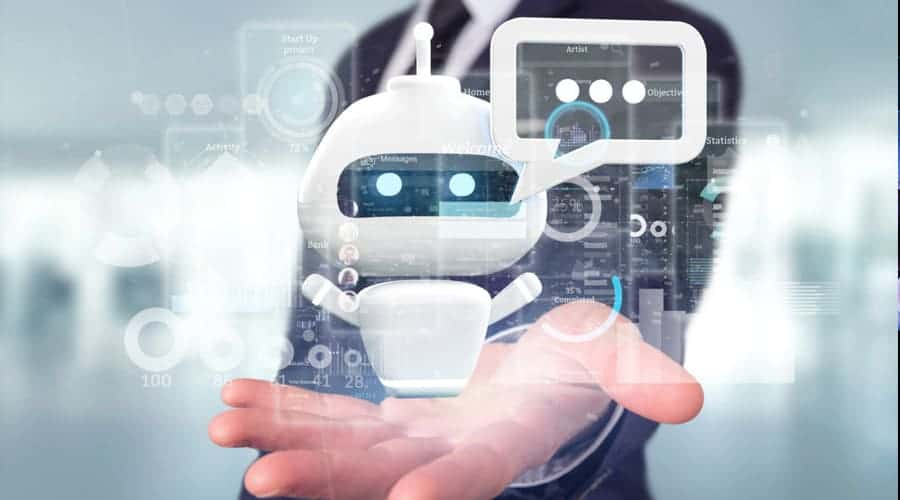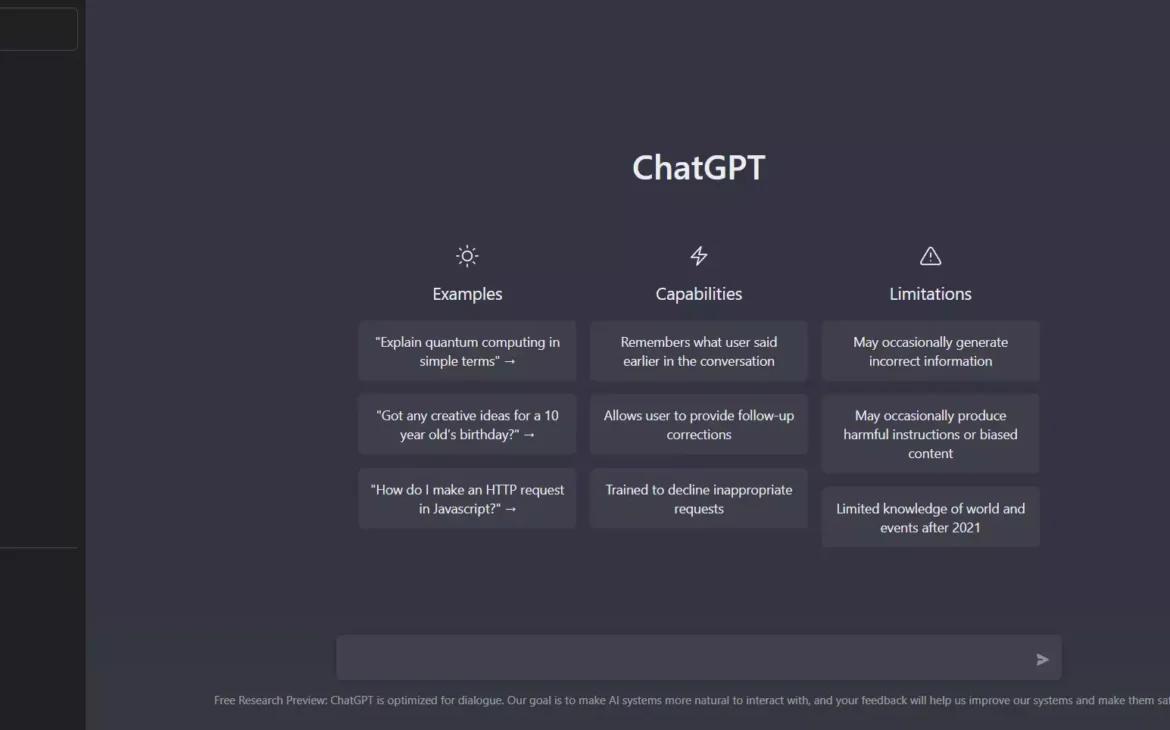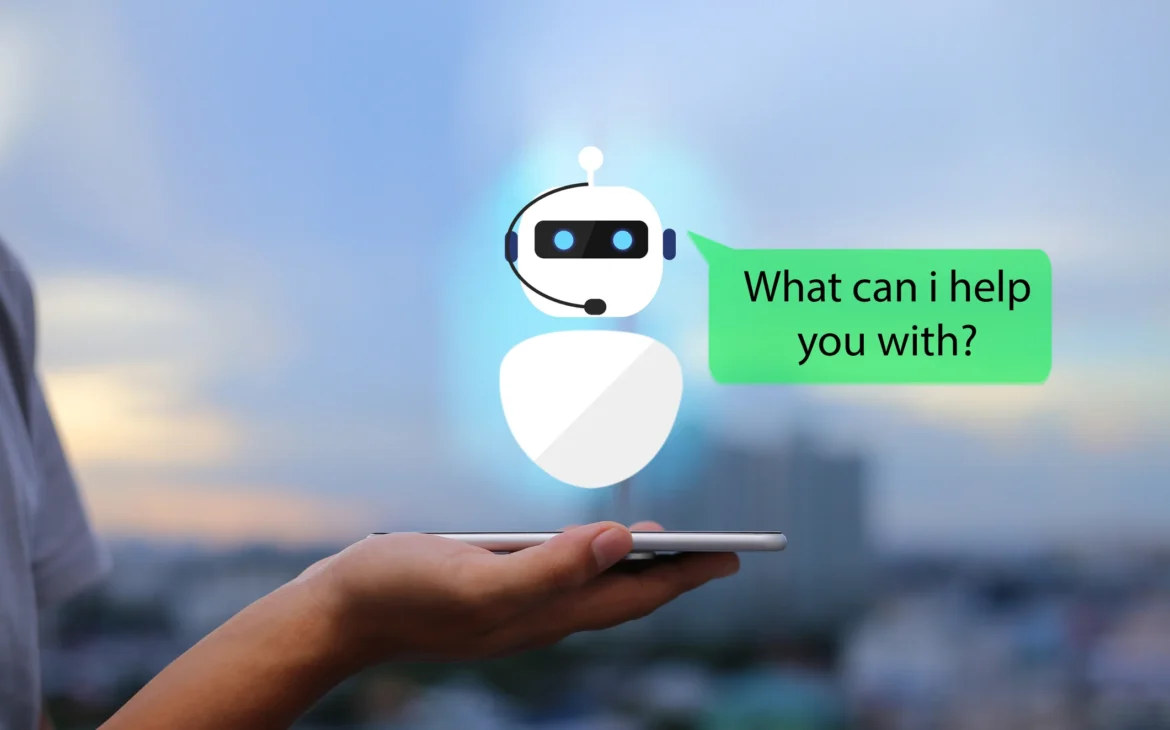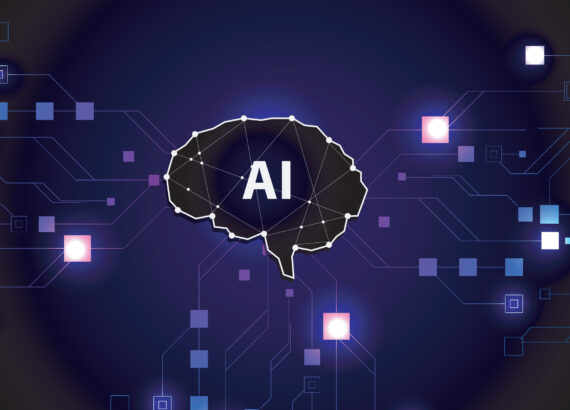Chatbots trends, future scope and the benefits of using chatbots
Chatbots have come a long way since their inception, and the trend shows no sign of slowing down. With advancements in artificial intelligence and machine learning, chatbots are becoming increasingly smarter, more efficient, and more flexible.
One of the most significant trends in chatbots is personalization; chatbots that can learn from user behavior and preferences to provide tailored experiences. Another trend is their integration with other channels such as voice assistants and smart home devices. The future of chatbots looks promising as they continue to become more conversational and capable of handling complex conversations using Natural Language Processing (NLP).

The retail industry has already jumped on board with chatbot adoption, but there is potential for them to be used across various industries including healthcare, finance, travel, and hospitality. As businesses embrace this technology, we can expect to see an increase in seamless interactions between humans and bots for faster problem-solving processes through empathy-driven conversation design methodologies while creating meaningful emotional connections with customers.
Chatbots have become an increasingly popular tool in today’s digital world, with businesses and individuals alike harnessing their potential to interact with people in an efficient, personalized and interactive way. As a result, the chatbot industry has experienced rapid growth, with a wide range of industries adopting chatbots to automate customer service, enhance user engagement and reduce costs. This article explores the current trends in chatbots, the latest technologies driving their development, and the potential applications of chatbots in various industries. Additionally, we will examine the challenges and opportunities in chatbot development and their impact on business and society.

1. Introduction to Chatbots
What are Chatbots
Chatbots are computer programs designed to mimic human conversation, with the primary goal of helping users complete tasks faster and more efficiently. They use natural language processing (NLP) technology to analyze and understand user input, responding with pre-programmed messages or learning from interactions to provide more personalized responses over time.
Why are Chatbots Important
Chatbots are important because they have the potential to revolutionize the way we interact with technology. They offer businesses a chance to automate customer service, improve response times and reduce human error. They also provide end-users with a more interactive, conversational experience that is more engaging than traditional interfaces.

2. Current Chatbot Trends
Use Cases of Current Chatbots
Chatbots have been successfully deployed in a variety of industries, from healthcare to finance. They are used for tasks such as answering customer queries, scheduling appointments, and providing personalized recommendations. In the healthcare industry, chatbots are used to assist patients in booking appointments and managing their medication schedules. In finance, chatbots are used by banks to help customers with account management and investment advice.
Emerging Chatbot Platforms and Tools
With the increasing demand for chatbots, there are now many platforms and tools available for building and deploying them. Some popular platforms include Dialogflow, Amazon Lex, and IBM Watson. These platforms offer a range of pre-built templates and integrations that make it easier for developers to create and customize chatbots.
(If you are looking for website development in Delhi, Here you can click!)

3. Evolving Technologies in Chatbot Development
NLP (Natural Language Processing)
NLP is one of the most important technologies behind chatbots. It helps the chatbot understand user input, identify intent, and provide relevant responses. As NLP technology advances, it will become easier for chatbots to understand the nuances of human language and provide more accurate responses.
Machine Learning
Machine learning enables chatbots to learn from past interactions and improve their responses over time. By analyzing past conversations, chatbots can identify patterns and tailor responses to better meet the needs of users.
Speech Recognition
Speech recognition technology is becoming increasingly important as more people interact with chatbots using voice commands. Speech recognition technology allows chatbots to understand and respond to voice commands, making it easier for users to interact with them.

4. Chatbots and AI
How AI is Transforming Chatbots
AI is transforming chatbots by allowing them to understand and respond to natural language more effectively. As AI technology advances, chatbots will become more intelligent and better able to understand complex queries and provide accurate responses.
AI-Driven Chatbot Advancements
Recent advances in AI have led to the development of chatbots that can analyze user emotions and adapt their responses accordingly. Some chatbots are even being developed with the ability to recognize and respond to human emotions in real time.

5. Future Scope of Chatbots
Chatbots are expected to continue their growth in popularity and demand in the coming years. The future scope of chatbots is vast, with more businesses and industries relying on them to provide a seamless user experience.
Growing Demand for Chatbots
With advancements in artificial intelligence and natural language processing, chatbots are becoming more intelligent and human-like. This is leading to an increased demand for chatbots in various industries, including healthcare, e-commerce, and banking.
Scope for Chatbots in Various Industries
Chatbots have proven to be beneficial in several industries, such as finance, healthcare, and education. They help businesses automate tasks, reduce response times, and provide 24/7 customer support. In healthcare, chatbots can assist patients in scheduling appointments, providing medication reminders, and answering health-related questions.

6. Potential Applications of Chatbots
Chatbots have several potential applications that can change the way businesses interact with their customers and employees.
Chatbots for Customer Service
Chatbots can replace human customer service representatives and handle customer queries and complaints. They can provide fast and accurate responses to customers and ensure better customer satisfaction.
Chatbots for Personal Assistance
In addition to customer service, chatbots can also provide personal assistance for tasks such as scheduling appointments, setting reminders, and sending notifications.
Chatbots for Healthcare
Chatbots can assist healthcare providers by automating tasks such as appointment scheduling, prescription refills, and symptom checking. They can also provide personalized wellness advice and monitor the patient’s health status.

7. Challenges and Opportunities in Chatbot Development
As chatbots become more sophisticated, there are some challenges and opportunities that developers need to consider.
Privacy and Security Issues
One of the significant concerns with chatbots is related to privacy and security. Developers need to ensure that the chatbot is secure and follows data protection laws.
Integration with Existing Systems
Another challenge is integrating chatbots with existing systems, especially in industries like healthcare and finance. Developers need to ensure that the chatbot can handle sensitive information and work seamlessly with existing systems.

8. The Impact of Chatbots on Business and Society
As chatbots become more prevalent, they are bound to have an impact on businesses and society.
Chatbots and Cost Savings
Chatbots can help businesses save money by reducing staffing costs and improving productivity. They can handle tasks that were previously assigned to human employees, allowing businesses to allocate resources elsewhere.
Chatbots and Job Disruption
While chatbots can help businesses save money, they may also lead to job displacement. As chatbots continue to become more sophisticated, they may end up replacing human employees in several industries, leading to job losses.In conclusion, chatbots represent a powerful tool that has the potential to transform the way businesses engage with customers and individuals interact with technology. With the progressions in simulated intelligence and AI, chatbots are turning out to be progressively refined and fit for taking care of perplexing undertakings. While there are still challenges to overcome, such as privacy and security issues, the future looks bright for chatbots. It’s clear that the chatbot industry has a lot of potential, and we can expect to see widespread adoption in the years to come.

FAQ
What is a chatbot?
A chatbot is a software program that is designed to simulate conversation with human users, especially over the internet. They are often used for customer service or other simple tasks to save time and reduce the workload of human employees.
What are the benefits of using chatbots?
Chatbots have several benefits, including 24/7 availability, faster response times, personalized interactions, and cost savings by reducing the need for human customer service representatives. They can likewise deal with numerous questions all the while, prompting expanded consumer loyalty.
What industries are using chatbots?
Chatbots are being adopted across a wide range of industries, including healthcare, finance, e-commerce, and customer service. They are being used for various applications such as booking appointments, making payments, and answering customer queries.
What challenges do chatbots face?
Some of the challenges that chatbots face include privacy and security concerns, lack of understanding of the context of the conversation, and difficulties in integrating with existing systems. There is also the challenge of making chatbots more human-like in their communication style while avoiding the uncanny valley effect.
What does this article about?
This article discusses current trends and future potential for chatbots. It highlights advancements in natural language processing and AI, as well as the growing use of chatbots in customer service and e-commerce. The potential for chatbots to improve efficiency, personalized experiences, and cost savings is also explored.

(If you are looking for website development in Delhi, Here you can click!)


















